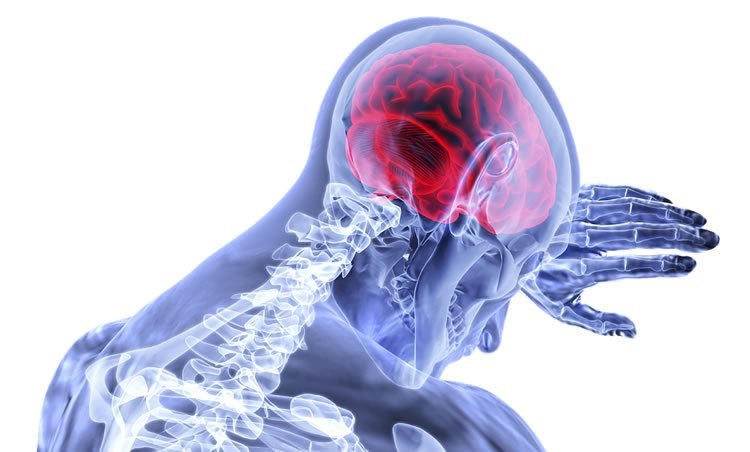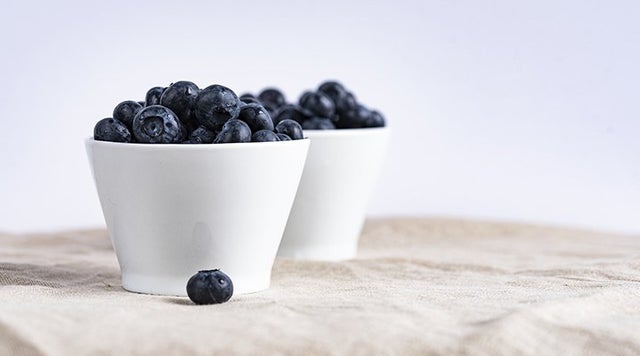Growing evidence shows that the brain’s dopamine system, which drives motivation, is directly affected by chronic, low-grade inflammation. A new paper proposes that this connection between dopamine, effort and the inflammatory response is an adaptive mechanism to help the body conserve energy. Trends in Cognitive Sciences published the theoretical framework developed by scientists at Emory University. The authors also provided a computational method to experimentally test their theory. “When your body is fighting an infection or healing a wound, your brain needs a mechanism to recalibrate your motivation to do other…
Read MoreCategory: Health
Eating blueberries every day improves heart health
Eating a cup of blueberries a day reduces risk factors for cardiovascular disease — according to new research led by the University of East Anglia, in collaboration with colleagues from Harvard and across the UK. New findings published today in the American Journal of Clinical Nutrition show that eating 150g of blueberries daily reduces the risk of cardiovascular disease by up to 15 per cent. The research team from UEA’s Department of Nutrition and Preventive Medicine, Norwich Medical School, say that blueberries and other berries should be included in dietary strategies to…
Read MoreDERM DMS: HOW CAN I AVOID SUMMER BREAKOUTS?
There are a lot of great things that come with summer — tropical vacations, time spent by the pool, beach trips with friends — and then there are some not so great things: sunburn, blistering heat, and of course, those dreaded summer breakouts. Fact of the matter is, the summer can be tough on our skin. Be it the irritation from the elements we come into contact with (read: chlorine, salt water) or sweaty skin, summer acne can seem unavoidable. But not all hope is lost. Skincare.com reached out to board-certified dermatologist Amanda Doyle, MD,…
Read MoreChildren who nap midday are happier, excel academically, and have fewer behavioral problems
Ask just about any parent whether napping has benefits and you’ll likely hear a resounding “yes,” particularly for the child’s mood, energy levels, and school performance. New research from the University of Pennsylvania and the University of California, Irvine, published in the journal SLEEP backs up that parental insight. A study of nearly 3,000 fourth, fifth, and sixth graders ages 10-12 revealed a connection between midday napping and greater happiness, self-control, and grit; fewer behavioral problems; and higher IQ, the latter particularly for the sixth graders. The most robust findings were associated…
Read MoreNew evidence links ultra-processed foods with a range of health risks
Two large European studies published by The BMJtoday find positive associations between consumption of highly processed (“ultra-processed”) foods and risk of cardiovascular disease and death. The researchers say further work is needed to better understand these effects, and a direct (causal) link remains to be established, but they call for policies that promote consumption of fresh or minimally processed foods over highly processed foods. Ultra-processed foods include packaged baked goods and snacks, fizzy drinks, sugary cereals, ready meals containing food additives, dehydrated vegetable soups, and reconstituted meat and fish products —…
Read More




